Fashion
7 Things Optical Retailers Must Ask Before Ordering Bulk Eyeglasses
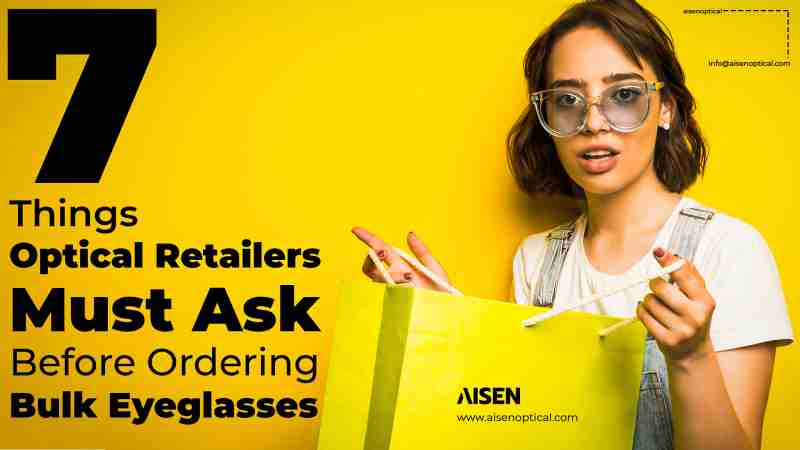
In the fast-paced world of eyewear, bulk eyeglasses aren’t just about picking frame styles or following seasonal trends. It’s a deliberate choice that has a direct impact on brand equity, consumer confidence, and margins and profits. It doesn’t matter if you’re a boutique carrying your own line or a national chain stocking so-called designer brands.
There’s a lot riding on bulk eyewear decisions—product quality, customization opportunities, and even long-term scalability.
To arm you with the knowledge to make an informed decision, here are the 7 key questions every eyewear retailer must ask before ordering bulk eyewear purchase.
1. What Materials Are Being Used for Frames and Lenses?
When choosing eyewear, materials are very important. They affect how strong the frame is and how clear the lenses look. Good materials are key for making the product work well and making customers happy.
- Think about materials like acetate, TR90, and stainless steel. Each has its own look and strength. Some are more flexible, others more durable.
- The type of lenses also matters. Are they anti-reflective? Do they block blue light? Are they polarized or color-changing? These features can improve how you see through the glasses.
- Safety and rules are important too. Make sure the materials meet global standards like CE, FDA, or ISO. This shows they are safe to use.
“High-performance materials such as titanium and acetate are increasingly preferred for their lightweight nature and durability, boosting customer satisfaction and brand reputation.” – Global Eyewear Market Report, Statista
.
2. Is the Eyeglass Customized Available by OEM ODM?
If you want to create a distinct brand in a crowded market, custom is a must. Eyewear vendors should confirm that their manufacturer provides both OEM/OEM services.
The customization possibilities may comprise:
(a) modifying
(i) one of the two open edges of the semi-infinite cylindrical shell, wherein the locked edge for the configuration is placed around in the π/ rotation, wherein the locked open edge of the semi-infinite tubular shell for the configuration is positioned on; the value of is increased or decreased as required: turning the tubular offshore facility of D=1200m to accomplish fully or downgraded or upgraded to any value between these two extremes, and
(ii) the two inclined edges of the reservoir's end, wherein the free edges of the reservoir's end are fixed at other two fixed required values between 10 m and 100 m for the solution, and all the M regular pipes have a value of one of: 20 m, 30 m, 40 m, 50 m and 60 m; and
(b) modifying the shape of the reservoir and/or the thickness of the semi-infinite tubular shell as desired.
- Exclusive spectacles frame shapes or specs colors
- Branding touches such as laser-etched logos
- Special coating or lens treatments
- Custom Retail Packaging that Represents Your Brand
This is how retail eyewear brands evolve into iconic labels—with a distinctive visual identity and exclusive SKUs that resonate with niche audiences.
3.Can the Supplier Handle Production from Start to Finish?
Creating and producing bulk eyewear requires much more than mass production—it requires a process from concept to commercialization that simply has to work in concert.
- Find vendors that can provide:
- Concept ideation and trend prediction
- CAD flat-schematics, tech-packs creation
- Mould making and prototypes
- Iterated refining and feedback on samples
- Production and quality control on a large scale
🔍 According to Statista, global eyewear sales surpassed $180 billion in 2023, and brands with vertically integrated production chains consistently report higher profit margins due to tighter quality control and faster time-to-market.
4.What Are the Supplier’s Minimum Order Quantities (MOQs)?
Scalability is also a big issue, and may be a way to differentiate from start-ups and boutique labels that do not have the optimal volumes demanded by enterprise retailers."
Before ordering, ask:
- What is the minimum number per style or color?
- Do you offer low MOQs for first-time business or to test the market?
- Do you have tiered pricing for larger clients?
Being able to grow production without losing cost advantages is key for brands expanding to new countries or trying out new markets. It helps them keep prices low while increasing output. This balance allows companies to reach more customers and test different areas more easily. Having the capacity to scale efficiently gives brands a strong edge in competitive markets. It makes it possible to grow quickly without sacrificing quality or profit margins.
5.What Are the Quality Assurance Measures Taken?
Just one customer complaint about temples bent all to hell or hinges that are weak as a kitten can undo months of brand-building work. Production must not allow any defective QA to exist in the first place.
Key elements for QA’s Questions and Answers:
- Multi-process inspections (IQC, IPQC, and FQC)
- Stress and wear test for the hinges and the bridge part
- Lens clarity and scratch resistance testing
- Physical condition and packaging seal and labeling audits
“Retail returns due to product defects cost US retailers over $100 billion annually,” according to a 2023 logistics survey. Investing in quality at the source saves exponentially later.
6.Is the Eyewear in Line with the Current Market Trends and Buyer’s Needs!
Eyewear is not just functional — it’s fashion. Retailers need to be strategic in matching their bulk orders with changing tastes and lifestyles.
Key trends to align with:
- GEN Z Over-the-top geometric frames Millennial and Gen Z-ish Influencer and Instagrammer Typesytutututrheptetgretype.
- Barely-there card case for the professional party-goer
- Blue-light blocking, transition lenses for the digital generation
- Sustainable materials such as recycled acetate or bio-based polymers
Statista forecasts that eco-friendly eyewear will make up 15% of all global sales by 2027, driven by conscious consumerism.
7. Can the manufacturer keep up with your long-term growth and new ideas?
As your retail brand gets bigger, your supplier needs to grow with you. This means they should adapt to seasonal launches, rules in different countries, and changes in your branding plans.
Ask about:
- How they research and predict trends
- How they work with your inventory systems
- If they can make products just for you or with your brand name
- How they respond and help after you place an order
“Future-proofing your supply chain is no longer a luxury—it’s a necessity in a volatile retail environment.” – Harvard Business Review, 2024
In this context, choosing a manufacturer like Aisen Optical becomes a strategic decision. Known for its robust design development, sample-to-mass-production workflow, and flexibility for small-to-large scale clients, the brand supports optical retailers aiming for long-term brand equity, not just short-term sales
Final Thoughts: Choose Partners, Not Just Suppliers
First, the decision to order bulk eyeglasses involves no sale. It’s not just a marketing tagline; it’s a brand promise. Every frame you sell is a reflection of your practice, the quality you provide, and the experience a future patient will have with you. By asking the right questions before you place your first wholesale order, you prepare your business to make an impression in a far-from-exclusive playing field.
When you’re lucky enough to get the ideal collaborative partner like Aisen Optical, you skip all of this and enjoy better materials, tailored design, enhanced QA, and scalable production in high capacity. The result? A carefully developed private-label product line that brings even more value to your store, boosts your customer’s repeat purchase rate, and solidifies your store’s permanent place in the global eyewear market.
TL;DR:
Here’s a quick recap of what optical retailers should ask before bulk ordering:
- ✅ What materials are used in frames and lenses?
- ✅ Are OEM/ODM customization options available?
- ✅ Does the supplier offer full-cycle production services?
- ✅ Are MOQs startup-friendly and scalable?
- ✅ What QA protocols ensure defect-free delivery?
- ✅ Do the designs align with current market trends?
- ✅ Can the manufacturer support your brand’s growth?
Source:
Click for the: Full Story
You might like
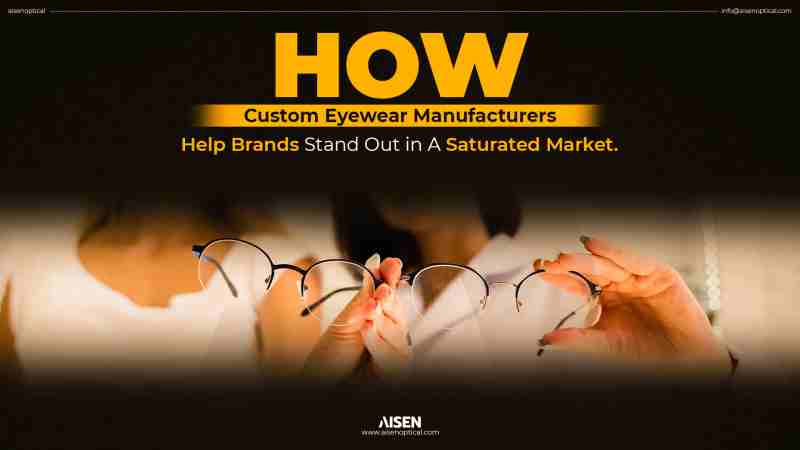

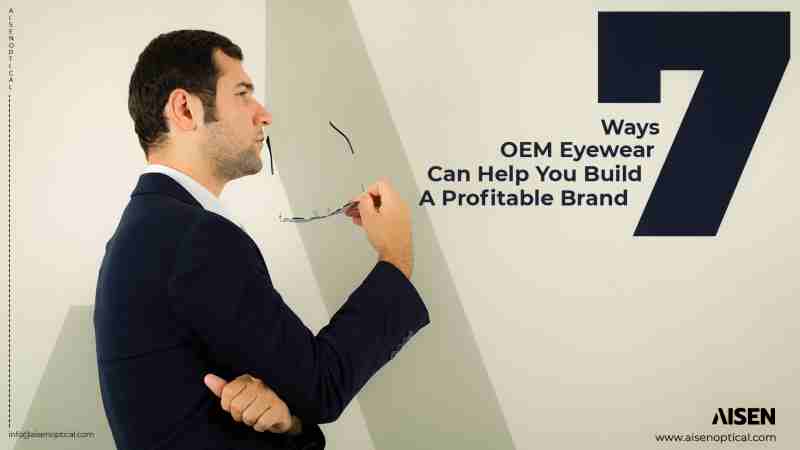
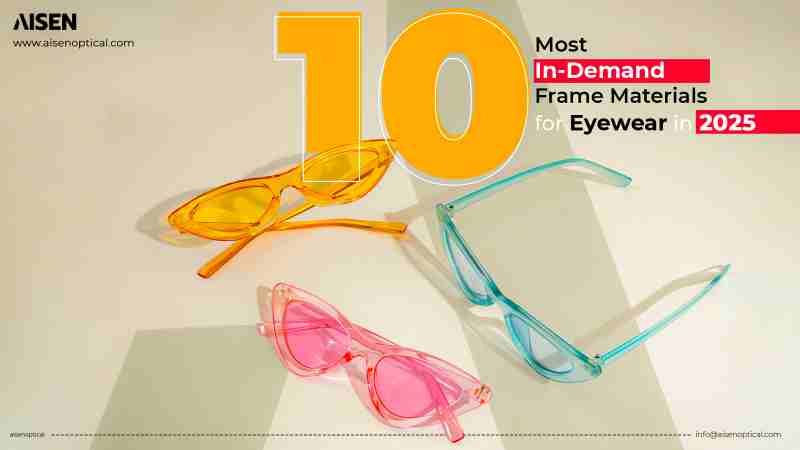

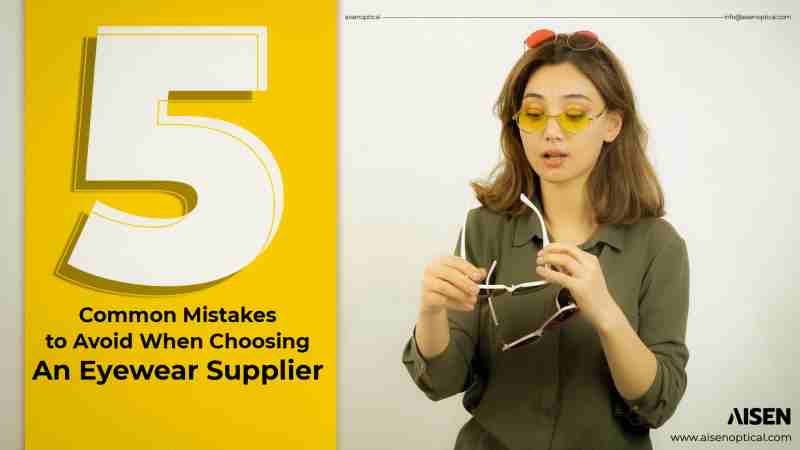
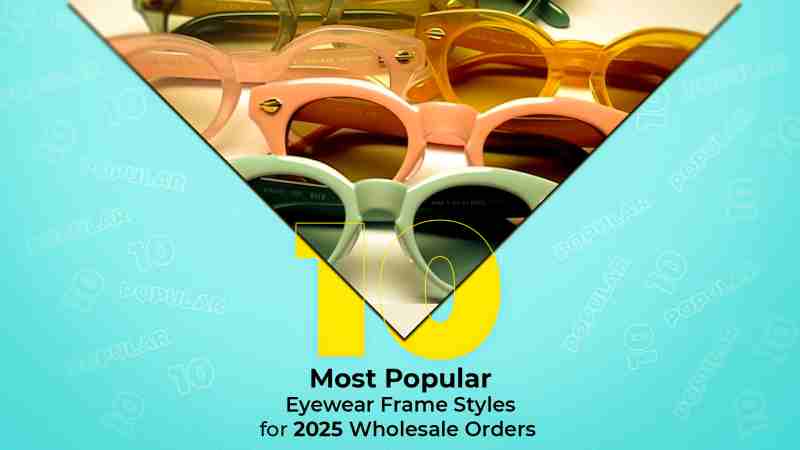

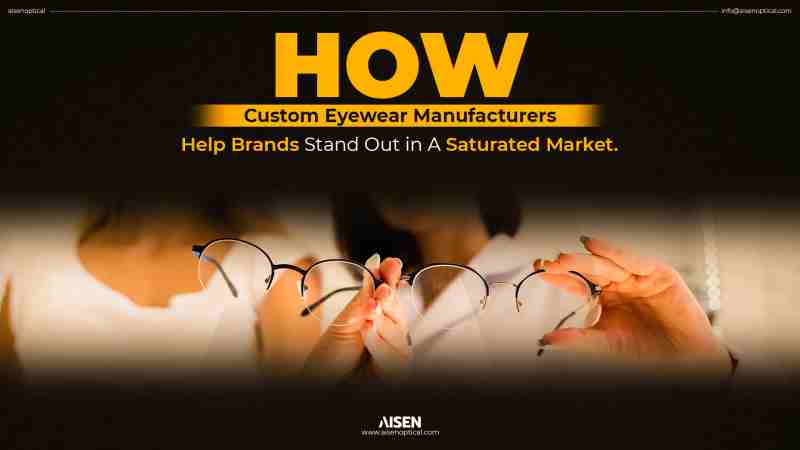
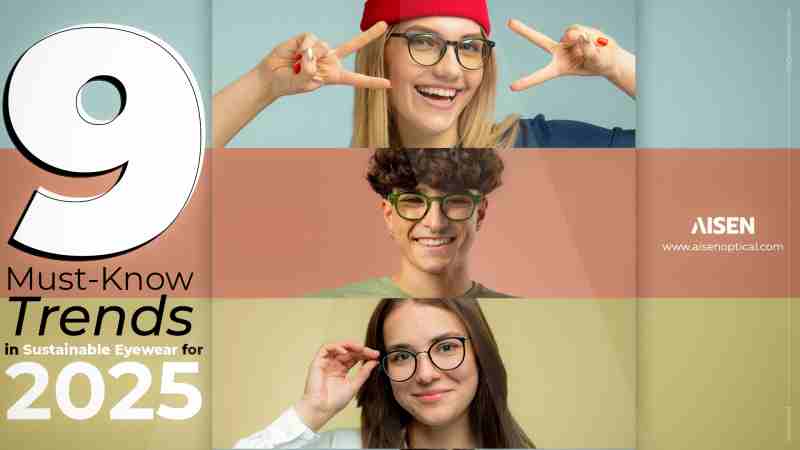



 Close Menu
Close Menu